Table of Contents
Which Is Better Male or Female Bichon?
If you’re considering getting a Bichon Frise, one of the first decisions you’ll need to make is whether to get a male or female. While both genders share many similarities, there are some key differences to consider. In this article, we’ll explore the pros and cons of owning a male or female Bichon Frise, and help you decide which gender may be better suited to your lifestyle.
Understanding the temperament of the Bichon Frise is crucial when deciding which gender to get. Male Bichons tend to be more playful and attached to their owners, while females are typically more independent and aloof. However, these traits can vary from dog to dog, and it’s important to consider the unique personality of each individual Bichon when making your decision. In the following sections, we’ll take a closer look at the temperamental variations between male and female Bichon Frises, and help you determine which gender may be the best fit for you.
Key Takeaways
- When deciding between a male or female Bichon Frise, it’s important to consider the temperament of each gender and how it may fit with your lifestyle.
- Male Bichons tend to be more playful and attached, while females are typically more independent and aloof.
- Ultimately, the decision between a male or female Bichon Frise comes down to personal preference and the unique personality of each individual dog.
Male vs. Female Bichon Frise: Key Differences
When it comes to choosing between a male and a female Bichon Frise, there are some key differences to consider. These differences can impact everything from temperament to physical characteristics, so it’s important to weigh your options carefully.
Physical Characteristics
One of the most noticeable differences between male and female Bichon Frises is their size. On average, male Bichons are slightly larger than females, with an average height of 9.5-11.5 inches and an average weight of 12-18 pounds. Females, on the other hand, have an average height of 9.5-12.5 inches and an average weight of 12-18 pounds.
Other than size, there are no significant physical differences between male and female Bichon Frises. Both sexes have a soft, hypoallergenic coat that requires regular grooming to maintain its fluffiness and shine.
Temperament and Behavior
Personality is where you’ll find the most significant differences between male and female Bichon Frises. Males tend to be more outgoing, playful, and affectionate, while females are often more independent and reserved.
Male Bichons are known for their high energy levels and love of playtime, making them a great choice for active families or those with children. Females, on the other hand, maybe more content to curl up on the couch with their owners and enjoy a quiet evening at home.
Training and Socialization
Both male and female Bichon Frises are intelligent, eager to please, and respond well to positive reinforcement training methods. However, males may be more stubborn and independent, while females tend to be more focused and attentive during training sessions.
Socialization is crucial for both male and female Bichon Frises, as they can be prone to separation anxiety and other behavioral issues if not properly socialized from a young age.
Health and Lifespan
Male and female Bichon Frises have similar lifespans, with an average lifespan of 12-15 years. Both sexes are prone to certain health issues, such as hip dysplasia, patellar luxation, and ear infections. Regular vet checkups and preventative care can help keep your Bichon Frise healthy and happy for years to come.
In summary, when choosing between a male and female Bichon Frise, consider your lifestyle, personality, and preferences. Both sexes make excellent pets, but their differences in size, temperament, and behavior may make one a better fit for your family than the other.
Understanding the Bichon Frise Temperament
When it comes to the Bichon Frise breed, temperament is an essential factor to consider when choosing between a male or female. Both genders have their unique personalities, behaviors, and energy levels. In this section, we will discuss the typical temperament traits found in male and female Bichon Frises and how they might differ.
Male Bichon Frise Temperament
Male Bichon Frises tend to be more playful, energetic, and attached to their owners. They are known for their outgoing personalities and love to play and cuddle. They are affectionate and enjoy being around people, making them great family pets. However, they can also be more territorial and aggressive towards other dogs, especially when not neutered.
Female Bichon Frise Temperament
Female Bichon Frises, on the other hand, tend to be more reserved and independent. They can be more aloof and moody than their male counterparts. They are less likely to initiate playtime and prefer to observe their surroundings from a distance. Females are less territorial and aggressive towards other dogs and are generally more tolerant of strangers.
Overall, it is essential to consider your lifestyle and preferences when deciding on a male or female Bichon Frise. If you are looking for a more playful and energetic companion, a male Bichon Frise may be the better option for you. If you prefer a more independent and reserved pet, a female Bichon Frise may be a better fit. Regardless of gender, Bichon Frises are known for their friendly and affectionate personalities, making them great family pets.
Temperamental Variations: Male Bichon Frise
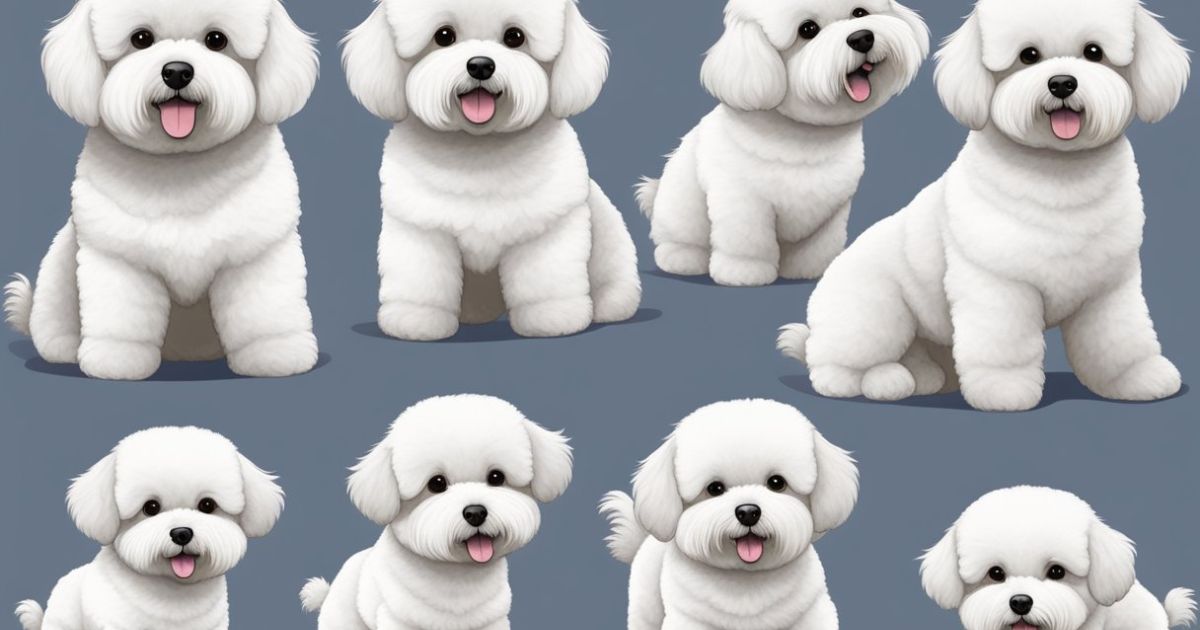
When it comes to temperament, male Bichon Frises are known for their playful and affectionate nature. They are often described as happy-go-lucky and attached to their owners. Male Bichons love to please their owners and are known to be clingy, following their owners around the house so they’re never alone.
Male Bichons are generally more outgoing and social than females. They are more likely to approach strangers and make new friends. They are also more likely to get along with other pets in the household. However, this may not always be the case, as each Bichon is unique and has its own personality.
Male Bichons are energetic and love to play. They enjoy running around and playing fetch with their owners. They also love to cuddle and be petted, making them great lap dogs.
It’s important to note that male Bichons can be prone to marking their territory. This behavior can be reduced through proper training and socialization. Overall, male Bichon Frises make great companions for those looking for a playful and affectionate furry friend.
Understanding Female Bichon Frise: Temperament and Behavior
If you are considering getting a Bichon Frise, you might be wondering if a female Bichon Frise is the right choice for you. Female Bichons are known for their unique temperament and behavior patterns. In this section, we will explore what makes female Bichons different and what to expect when you bring one home.
Temperament
Female Bichon Frises are known for their independent and aloof temperament. They are not as playful and attached as their male counterparts. However, they are still affectionate and loving towards their owners. Female Bichons are also known to be more reserved and cautious around strangers, making them excellent watchdogs.
Behavior
Female Bichon Frises are generally well-behaved and obedient dogs. They respond well to positive reinforcement training methods and are eager to please their owners. However, they can be stubborn at times and may require a firm hand in training.
One thing to note about female Bichons is that they can be prone to separation anxiety. They may become distressed when left alone for extended periods, so it is important to ensure they have plenty of toys and mental stimulation to keep them occupied.
Female Bichons are also known to be low-energy dogs. They do not require as much exercise as other breeds, making them an ideal choice for apartment living. However, they still enjoy short walks and playtime with their owners.
In conclusion, female Bichon Frises have a unique temperament and behavior patterns that set them apart from their male counterparts. They are independent, reserved, and affectionate dogs that make excellent companions. If you are looking for a low-energy, well-behaved dog that will love you unconditionally, a female Bichon Frise may be the perfect choice for you.
Which Gender Suits Your Lifestyle: Male or Female Bichon?
If you are considering getting a Bichon Frise, you may be wondering which gender is the right one for you. While both male and female Bichons have similar physical characteristics, there are some personality traits that differ between the two genders. Here are some factors to consider when choosing between a male or female Bichon Frise.
Personal Preference
Choosing between a male or female Bichon Frise is largely a matter of personal preference. Some people prefer the playful and active nature of male dogs, while others prefer the more reserved and independent nature of female dogs. It’s important to spend time with both genders to see which one you connect with more.
Lifestyle
Your lifestyle is an important factor to consider when choosing between a male or female Bichon Frise. If you have an active lifestyle and enjoy going for walks or playing fetch, a male Bichon may be a better fit for you. Male Bichons tend to be more energetic and playful than females. On the other hand, if you have a more relaxed lifestyle and prefer quiet evenings at home, a female Bichon may be a better fit for you. Female Bichons tend to be more calm and independent than males.
Needs
Your needs are another important factor to consider when choosing between a male or female Bichon Frise. If you are looking for a dog that will be a great companion and enjoy spending time with you, a male Bichon may be a better fit for you. Male Bichons tend to be more affectionate and enjoy spending time with their owners. On the other hand, if you are looking for a dog that is more independent and doesn’t require as much attention, a female Bichon may be a better fit for you. Female Bichons tend to be more self-sufficient and don’t require as much attention as males.
In conclusion, choosing between a male or female Bichon Frise is a personal decision that depends on your lifestyle, needs, and preferences. Spend time with both genders to see which one you connect with more, and consider your lifestyle and needs when making your decision. Regardless of which gender you choose, a Bichon Frise is sure to bring joy and love into your life.
Pros and Cons of Owning Bichon Frise
If you’re considering getting a Bichon Frise, it’s important to weigh the pros and cons. Here are some things to consider:
Male Bichon Frise: Pros and Cons
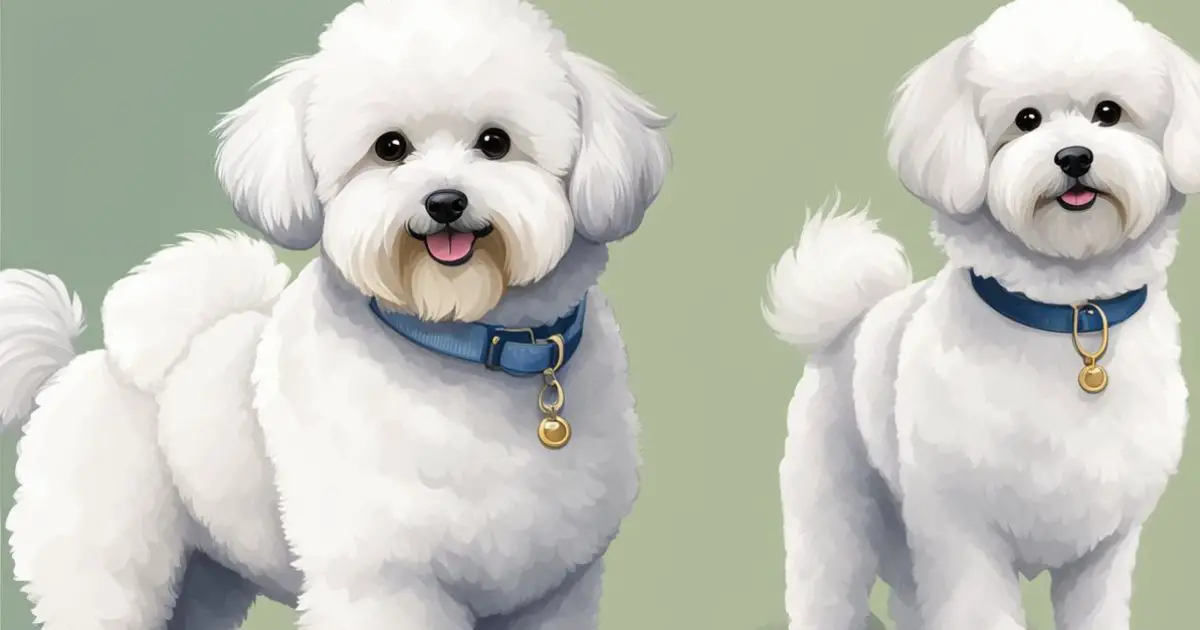
If you’re considering getting a male Bichon Frise, there are some things you should keep in mind. While they can make great pets, there are both pros and cons to owning a male Bichon Frise.
Pros
- Affectionate: Male Bichon Frises are known for their affectionate nature. They love to cuddle and be close to their owners.
- Playful: Male Bichon Frises are generally more playful than females. They love to play with toys and enjoy a good game of fetch.
- Energetic: Male Bichon Frises tend to have more energy than females. They enjoy going for walks and playing outside.
- Loyal: Male Bichon Frises are very loyal to their owners. They will follow you around and always be by your side.
- Easy to Train: Male Bichon Frises are generally easy to train. They are smart and eager to please, making them a great choice for first-time dog owners.
Cons
- Marking: Male Bichon Frises are more likely to mark their territory than females. This can be a problem if you don’t want your furniture or carpets ruined.
- Health Issues: Male Bichon Frises are more prone to certain health issues such as bladder stones and urinary tract infections. It’s important to keep an eye on their health and take them to the vet regularly.
- Grooming: Male Bichon Frises require regular grooming to keep their coat looking good. This can be time-consuming and expensive.
- Energy Levels: While their energy can be a pro, it can also be a con. Male Bichon Frises require a lot of exercise and playtime to keep them from getting bored and destructive.
- Dominance: Male Bichon Frises can be more dominant than females. This can lead to behavior issues if not properly trained and socialized.
Overall, male Bichon Frises can make great pets if you’re willing to put in the time and effort to train and care for them properly.
Female Bichon Frise: Pros and Cons
If you are considering getting a female Bichon Frise, there are some pros and cons to keep in mind. Let’s take a look at some of them.
Pros
- Smaller Size: Female Bichons are generally smaller than males, which can make them a better fit for those who live in apartments or have limited space.
- Maternal Instincts: Female Bichons often have a strong maternal instinct, which can make them great with children and other pets.
- Loyal and Affectionate: Female Bichons are known for their loyalty and affection towards their owners, which can make them great companions.
- Easier to Train: Some people find that female Bichons are easier to train than males, as they tend to be more focused and attentive.
Cons
- Heat Cycles: Female Bichons go through heat cycles, which can be messy and require extra attention and care during those times.
- Potential Health Issues: Female Bichons are prone to certain health issues, such as mammary tumors and reproductive problems, which can result in expensive medical bills.
- Grooming Needs: Female Bichons require regular grooming to keep their coats healthy and free of tangles and mats.
Overall, female Bichon Frises can make great pets for those who are willing to put in the extra effort to care for them properly. However, it’s important to weigh the pros and cons before making a decision.
Debunking Myths About Bichon Gender Differences
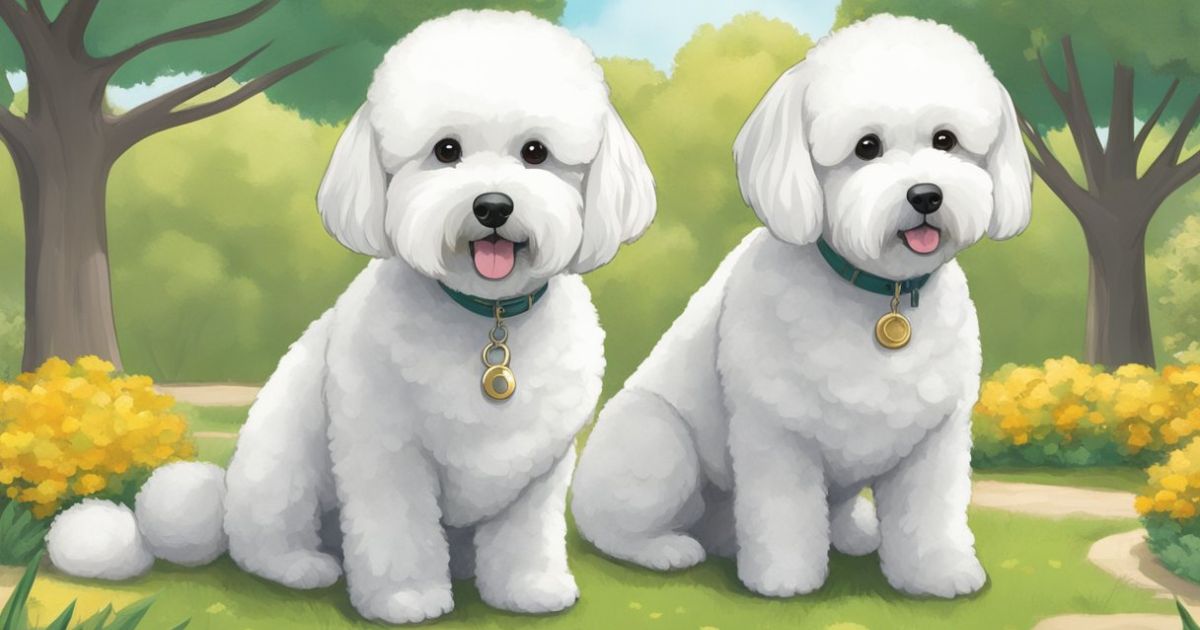
When it comes to choosing between a male and female Bichon Frise, there are many myths and misconceptions out there. In this section, we will debunk some of these myths and provide you with accurate information to help you make an informed decision.
Myth #1: Male Bichons are more aggressive than females
This is a common myth that is not backed up by any evidence. In fact, there is no significant difference in aggression levels between male and female Bichon Frises. Aggression is not determined by gender, but rather by factors such as genetics, training, and socialization.
Myth #2: Female Bichons are easier to train than males
While some people believe that female Bichons are easier to train than males, there is no evidence to support this claim. Both male and female Bichons are intelligent and eager to please, making them easy to train with positive reinforcement techniques.
Myth #3: Male Bichons are more affectionate than females
This is a subjective myth that varies from dog to dog. While some male Bichons may be more affectionate than females, it is not a gender-specific trait. Both male and female Bichons are known for their loving and affectionate nature.
Myth #4: Female Bichons are better with children than males
There is no evidence to suggest that female Bichons are better with children than males. Both genders can be great companions for children, as long as they are properly socialized and trained. It is important to remember that each dog has its own unique personality, regardless of gender.
Myth #5: Male Bichons are more playful than females
While male Bichons may have a reputation for being more playful than females, this is not always the case. Both male and female Bichons enjoy playing and interacting with their owners.
In conclusion, there are many myths and misconceptions surrounding the differences between male and female Bichon Frises. When choosing a Bichon, it is important to focus on individual personality traits rather than gender stereotypes. With proper training and socialization, both male and female Bichons can make wonderful pets.
Real-Life Experiences: Bichon Frise Owners Share Their Stories
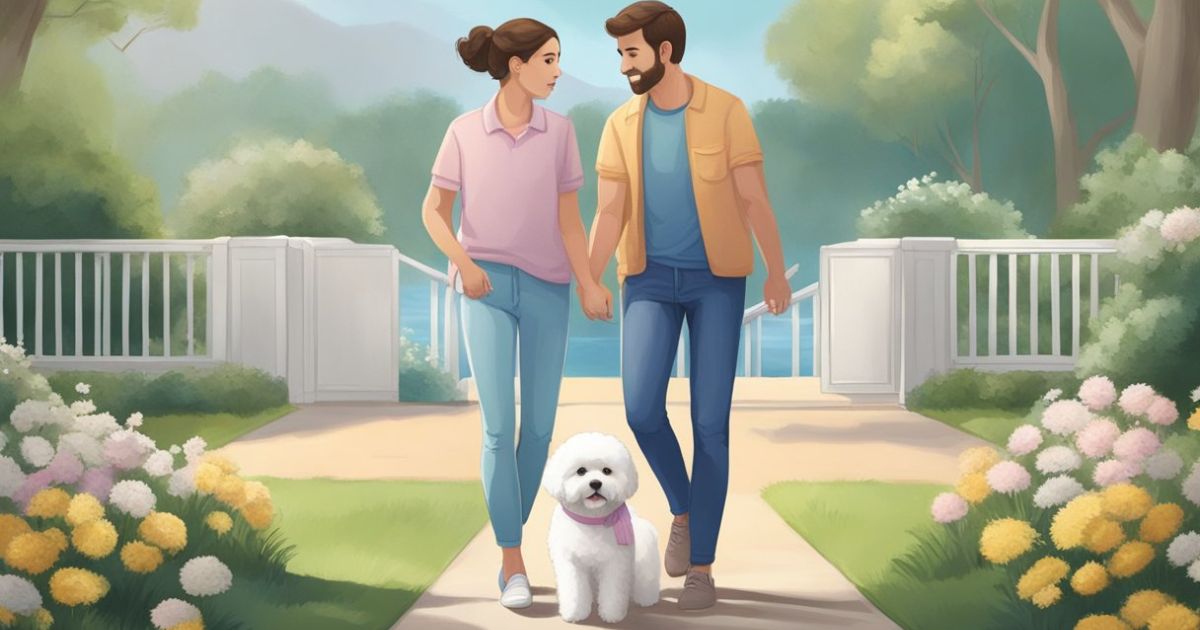
Have you ever wondered what it’s like to have a Bichon Frise as a pet? Are you struggling to decide which gender to choose? Let’s hear from some Bichon Frise owners who have had both male and female dogs to gain some real-world perspective.
One female Bichon owner shared that her dog was very independent and didn’t need constant attention. She enjoyed playing with toys and would often entertain herself. On the other hand, a male Bichon owner shared that his dog was very affectionate and loved to cuddle. He would follow him around the house and always wanted to be near him.
Another female Bichon owner mentioned that her dog was very protective of her family and would bark at strangers. She was also very intelligent and learned commands quickly. A male Bichon owner, however, shared that his dog was more laid back and didn’t bark as much. He was very friendly with everyone he met and loved to play.
When it comes to grooming, a female Bichon owner shared that her dog’s coat was easier to maintain. It didn’t mat as easily and required less brushing. However, a male Bichon owner mentioned that his dog’s coat was thicker and fluffier, which he loved. It did require more grooming, but he enjoyed taking care of his dog’s coat.
Overall, the experiences of Bichon Frise owners vary depending on the gender of their dogs. It’s important to consider your lifestyle and preferences when choosing a pet. Do you want a cuddly companion or a more independent dog? Do you have the time and resources to groom a dog with a thicker coat? These are all important factors to consider when making your decision.
FAQs
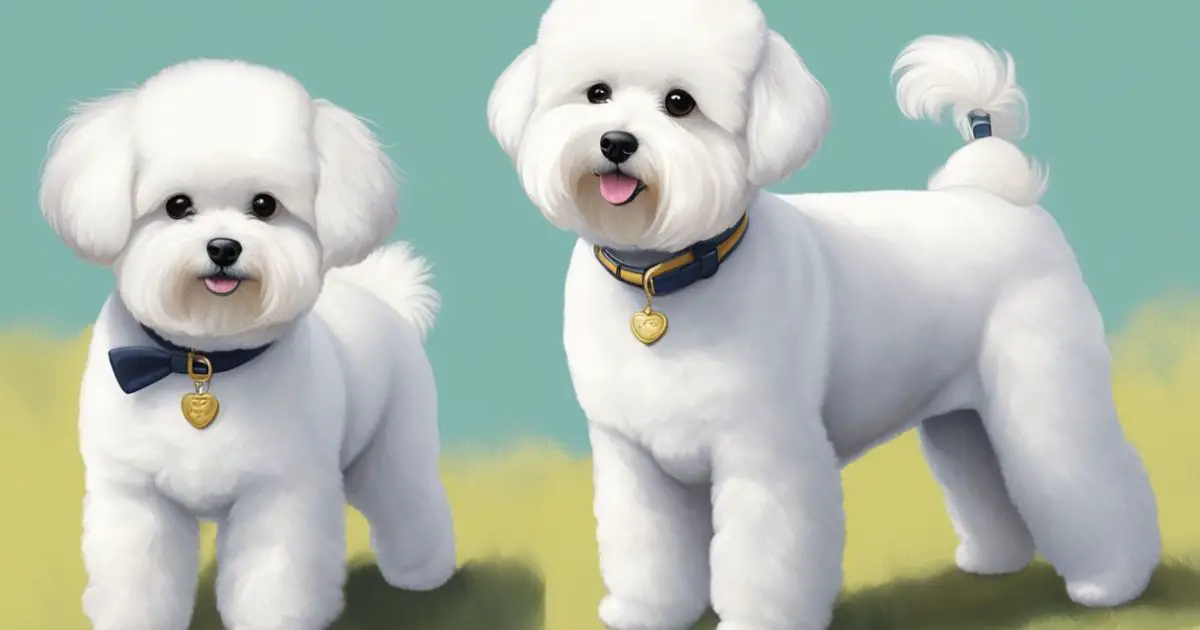
What are the personality traits of a female Bichon Frise?
Female Bichon Frises are generally more independent and less clingy than males. They tend to be more reserved with strangers and may take longer to warm up to new people. Females can also be more territorial and protective of their homes and families than males. However, they are still playful, affectionate, and loyal companions.
How do I choose the perfect Bichon puppy?
When choosing a Bichon puppy, look for one that is healthy, active, and social. Observe the puppy’s behavior and temperament to make sure it is friendly and not aggressive. Check the puppy’s coat, eyes, ears, and teeth to ensure they are clean and healthy. Ask the breeder for health records and certifications to ensure the puppy has been properly vaccinated and screened for genetic health issues.
Is it better to have two male or two female Bichons?
The gender of your Bichons does not matter as much as their personalities and compatibility. Two males may have dominance issues and compete for attention, while two females may have territorial issues and be more prone to fights. However, if you introduce two Bichons of opposite genders, there is a chance they may mate and produce puppies.
What is the average price of a Bichon Frise?
The average price of a Bichon Frise puppy ranges from 0 to 500, depending on the breeder, location, and quality of the puppy. However, you should be wary of breeders who offer puppies at significantly lower prices, as they may be selling poorly bred or unhealthy puppies.
Where can I find Bichon Frise puppies near me?
You can find Bichon Frise puppies for sale from reputable breeders, pet stores, or rescue organizations. Look for breeders who are registered with national or local Bichon Frise clubs and have good reviews and references. You can also search online for Bichon Frise rescue groups or shelters in your area.
At what age do Bichons stop growing?
Bichons typically reach their full height and weight by the age of 12 months. However, their coat may continue to grow and require regular grooming throughout their lifetime. Bichons are also prone to dental issues, so it is important to start brushing their teeth regularly from a young age.

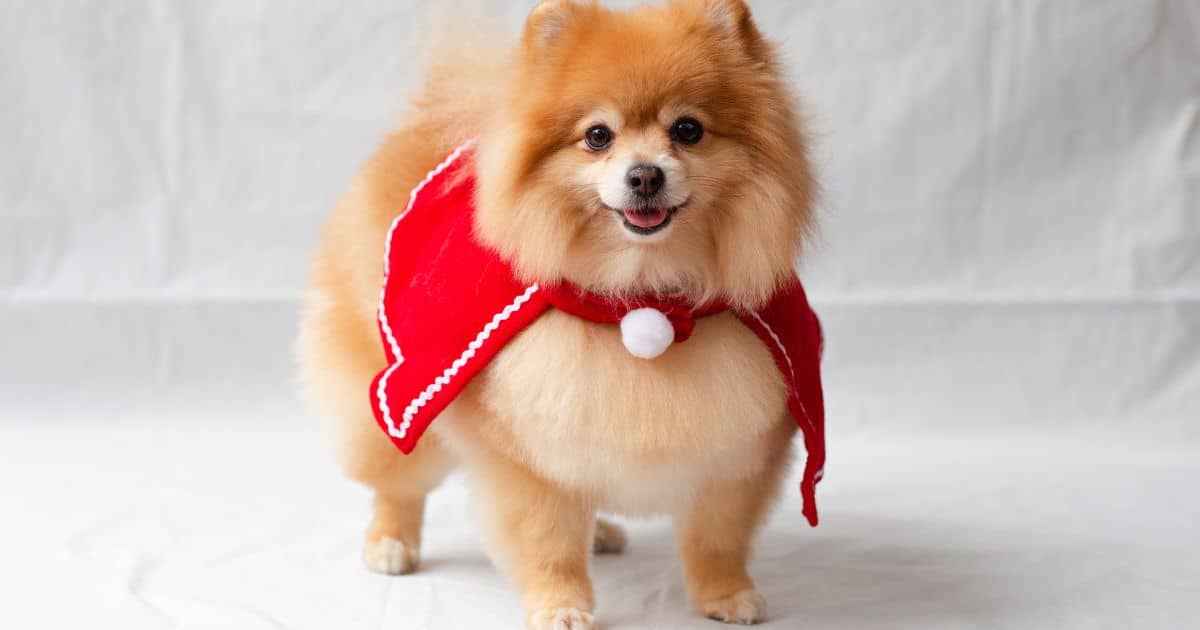
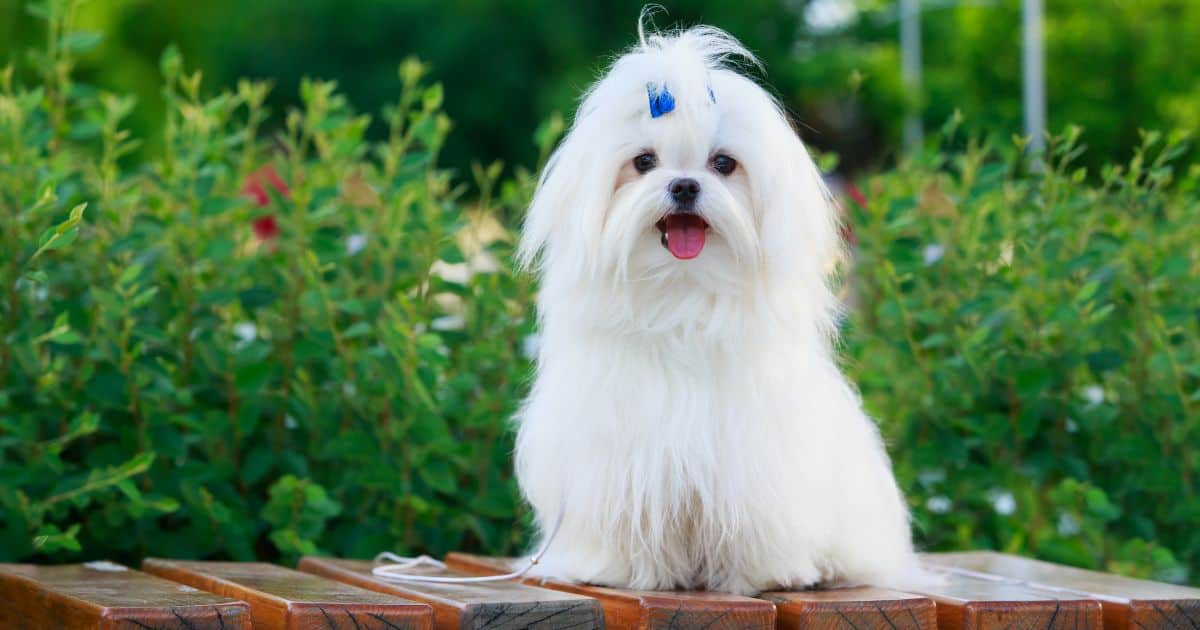
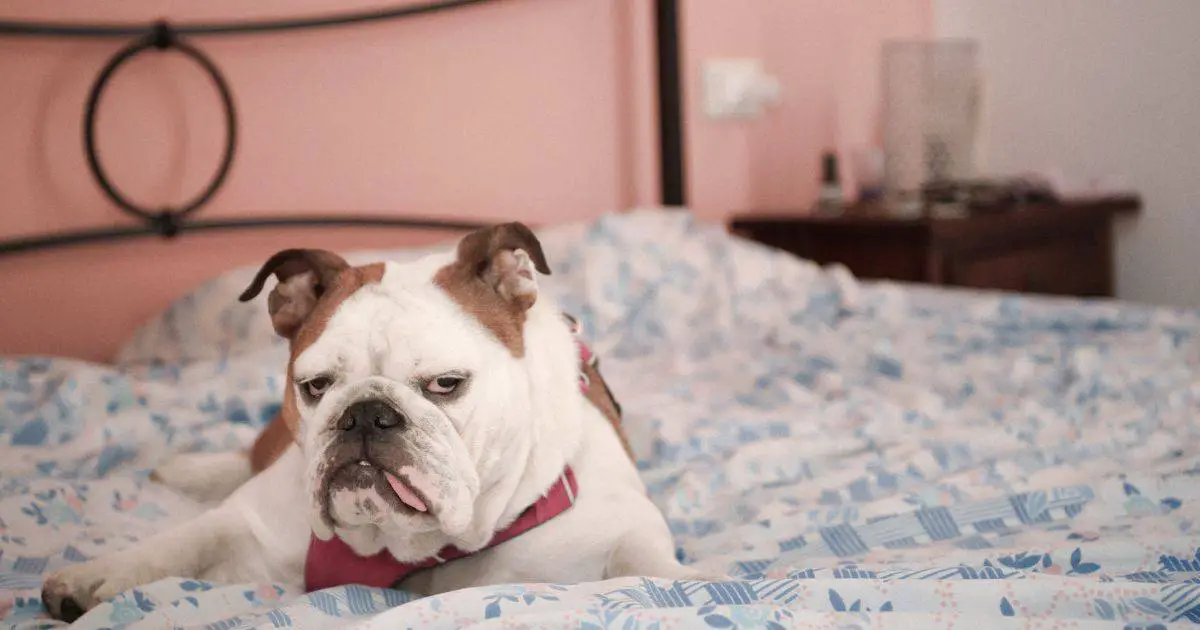
Leave a Reply
You must be logged in to post a comment.